Can accident-prone Credit Suisse ever turn the corner?
Swiss bank Credit Suisse is struggling to contain the damage to its reputation after becoming embroiled in the Greensill scandal and the collapse of Archegos Capital. Saloni Sardana looks at what's going on.

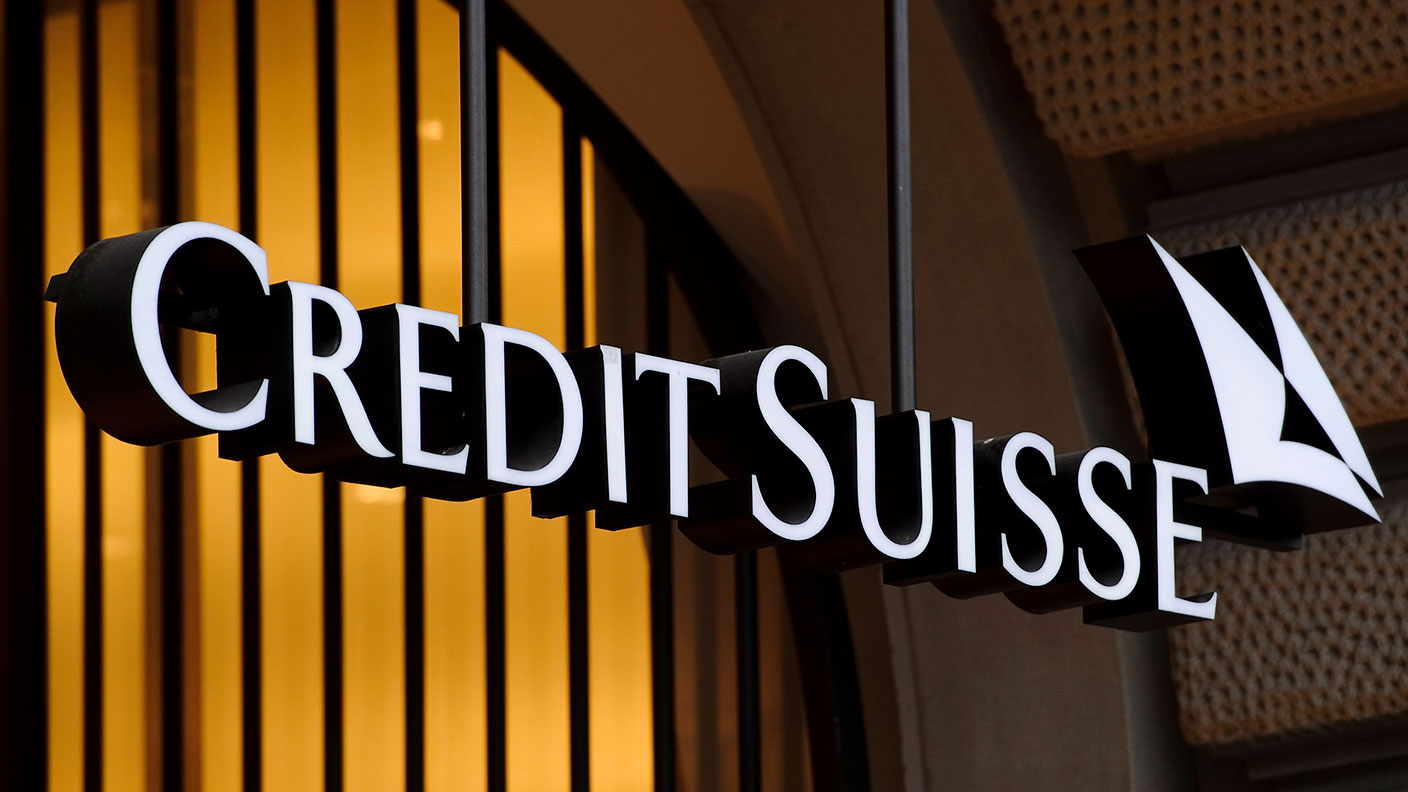
Get the latest financial news, insights and expert analysis from our award-winning MoneyWeek team, to help you understand what really matters when it comes to your finances.
You are now subscribed
Your newsletter sign-up was successful
Want to add more newsletters?

Twice daily
MoneyWeek
Get the latest financial news, insights and expert analysis from our award-winning MoneyWeek team, to help you understand what really matters when it comes to your finances.

Four times a week
Look After My Bills
Sign up to our free money-saving newsletter, filled with the latest news and expert advice to help you find the best tips and deals for managing your bills. Start saving today!
Swiss banking giant Credit Suisse is scrambling to minimise its reputational damage after being embroiled in two of the most contentious events that have recently rocked global financial markets: the collapse of Greensill Capital, and the blow-up of family office Archegos Capital.
The bank recently revealed that it had made a $275m loss in its first quarter. It had been expected to make a solid profit as recently as last month, but that was before the Archegos collapse. Chief executive Thomas Gottstein said that, Archegos aside, it was “one of our best quarters in the history of Credit Suisse.”
Investors begged to disagree – the share price slid by 5% on the results and is down about 17% this year, and around 30% since the start of March, which is when its Greensill-related problems came to light (more on that in a moment). The company has also had to raise more capital – about $1.9bn – via issuing convertible notes.
MoneyWeek
Subscribe to MoneyWeek today and get your first six magazine issues absolutely FREE

Sign up to Money Morning
Don't miss the latest investment and personal finances news, market analysis, plus money-saving tips with our free twice-daily newsletter
Don't miss the latest investment and personal finances news, market analysis, plus money-saving tips with our free twice-daily newsletter
Credit Suisse was one of several banks which had exposure to the fund run by former Tiger Asia Manager Bill Hwang. But Credit Suisse was among the hardest-hit when Archegos defaulted on a huge margin call, prompting a selling spree in several technology and media stocks.
The Swiss lender separately revealed last month that it is overhauling its asset management business after investigations into the bank’s dealings with Greensill Capital, the scandal-ridden supply chain financial services company, with links to former UK prime minister David Cameron, which filed for insolvency last month.
Why is the bank associated with Archegos and Greensill Capital?
What has Credit Suisse got to do with Greensill? The Swiss lender was a key source of funding for the supply-chain finance company. Credit Suisse bought about $10bn-worth of securitised loans from Greensill. Investors then bought the funds. The bank also lent $140m to Greensill in 2020.
The Swiss bank had to suspend the funds on 1 March after Greensill lost insurance coverage on the loans it had made. This in turn triggered Greensill’s collapse into administration.
The bank has repaid about $5.4bn to investors, and is due to hand out a second payment to investors exposed to the funds, but it predicts $2.3bn is still at risk (although at least some if not all of this will be borne by the fund investors).
Credit Suisse is slashing the bonuses of its most senior directors as well as cutting its dividend by two-thirds. At least seven senior executives have left the bank, including the investment bank’s chief risk and compliance officer, Lara Warner.
While these latest blow-ups are certainly embarrassing, Credit Suisse hasn’t exactly covered itself in glory in recent years. A little more than a year ago, former chief executive Tjiane Thiam was ousted due to a high-profile espionage scandal. Gottstein replaced him as CEO, but may be regretting it now.
The bank has been associated with a number of controversial clients including Luckin Coffee, a Chinese coffee chain that filed for bankruptcy in February after an accounting scandal hit last year. That’s not to mention scandal-hit German fintech Wirecard.
Credit Suisse also had to write down $450m on an investment in hedge fund York Capital and the bank has also been sued by Mozambique due to its alleged role in a $2bn “tuna bond scandal – a scandal involving $2bn-worth of bank loans and bond issues issued to secret Mozambique state-owned firms.
How will the scandals affect Credit Suisse?
It has not always been doom and gloom. Brady Dougan, who served as the Swiss bank’s CEO until 2015, has long pointed out that the Swiss lender survived the 2008 financial crisis without a government bailout. And the appointment of Antonio Horta-Osorio, the current chief executive of Lloyds Banking Group as chairman, may help the bank to turn around.
But given past and ongoing scandals, Osorio faces a herculean task in transforming the bank’s image.
As Christian Hunt, founder of Human Risk and the former COO of Prudential Regulation Authority (a subsidiary of the Bank of England), notes about the Archegos losses: “Banks are designed to take risk, but to lose billions on one client is frankly astonishing. It just shouldn’t happen,” he tells City AM. “What’s particularly worrying is that this type of error has plenty of precedents that should’ve served as a warning.”
Get the latest financial news, insights and expert analysis from our award-winning MoneyWeek team, to help you understand what really matters when it comes to your finances.
Saloni is a web writer for MoneyWeek focusing on personal finance and global financial markets. Her work has appeared in FTAdviser (part of the Financial Times), Business Insider and City A.M, among other publications. She holds a masters in international journalism from City, University of London.
Follow her on Twitter at @sardana_saloni
-
 Should you buy an active ETF?
Should you buy an active ETF?ETFs are often mischaracterised as passive products, but they can be a convenient way to add active management to your portfolio
-
 Power up your pension before 5 April – easy ways to save before the tax year end
Power up your pension before 5 April – easy ways to save before the tax year endWith the end of the tax year looming, pension savers currently have a window to review and maximise what’s going into their retirement funds – we look at how
-
 Is it different this time for Japanese stocks?
Is it different this time for Japanese stocks?Analysis Nikkei 225 Index has jumped 19.8% this year, and there are signs the rally could continue.
-
 As China reopens, why pick an income strategy?
As China reopens, why pick an income strategy?Advertisement Feature Yoojeong Oh, Investment Manager, abrdn Asian Income Fund Limited
-
 Is Japan the best market to invest in now?
Is Japan the best market to invest in now?Opinion Japan puts Western economies to shame and offers good value for both equity and bond investors, says Max King.
-
 The highest yielding S&P 500 Dividend Aristocrats
The highest yielding S&P 500 Dividend AristocratsTips Dividends are a key component of investment returns in the long-term. A portfolio of dividend aristocrats is a great way to build wealth and a sustainable income stream.
-
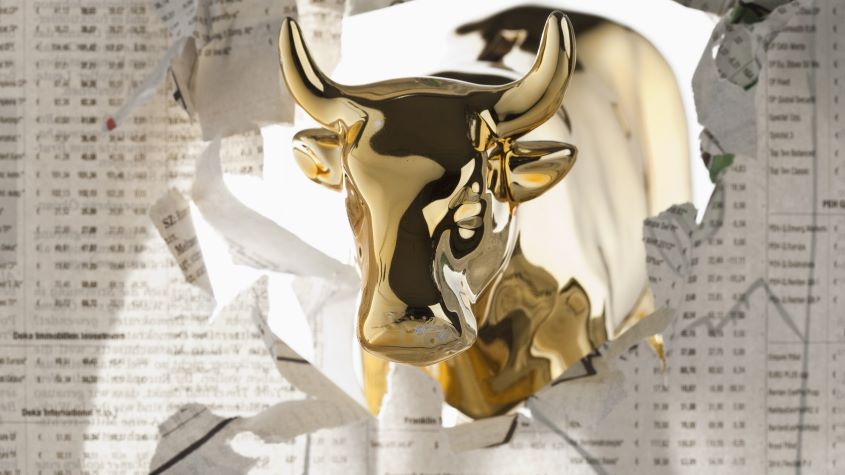 2023 will be a bumper year for stocks. Here’s how to play the rally
2023 will be a bumper year for stocks. Here’s how to play the rallyTips Dominic Frisby explains why he thinks the market rally could have further to run in 2023 despite macroeconomic headwinds
-
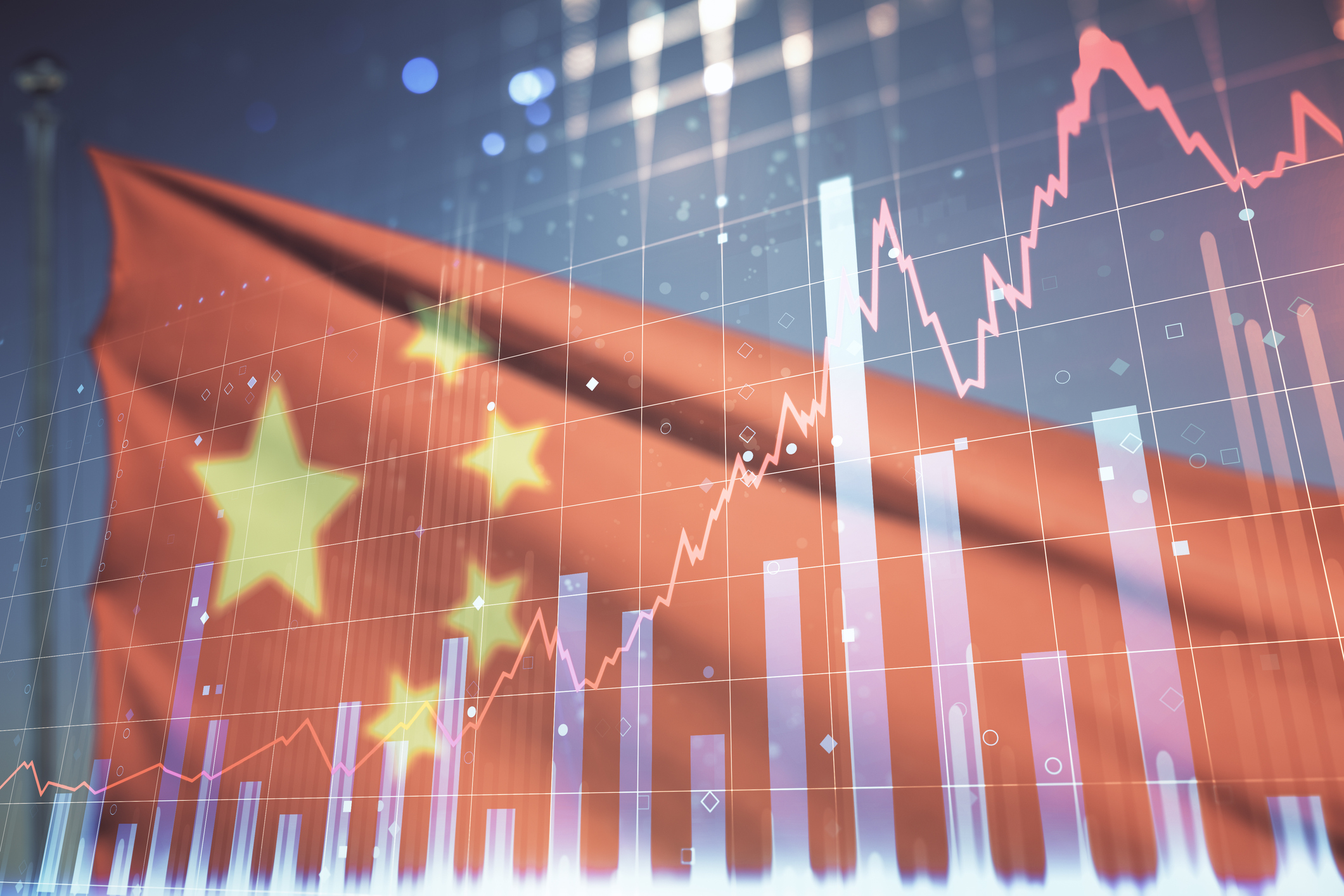 China’s post-covid investment boom off to a slow start. Should you still invest in China?
China’s post-covid investment boom off to a slow start. Should you still invest in China?Advice Investors are no longer bullish on the China shop but the gloomy consensus on Beijing’s economy might be unfair. Should you invest in China?
-
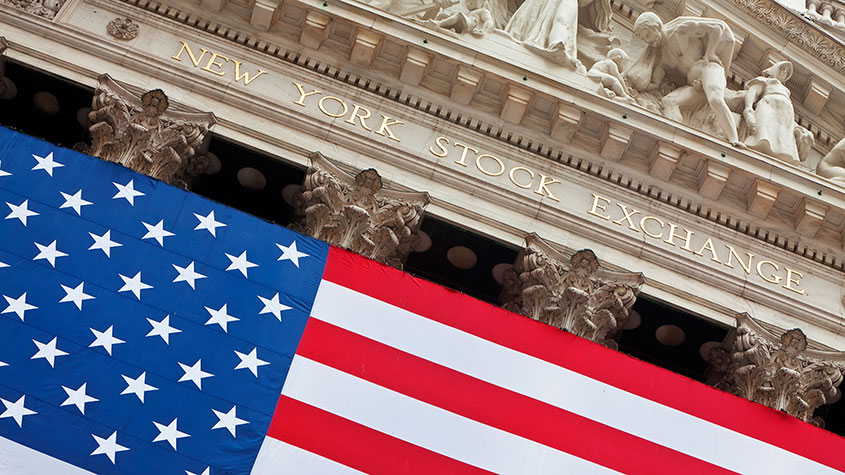 Stock market crash? This time it’s (slightly) different
Stock market crash? This time it’s (slightly) differentOpinion The bears expecting a stock market crash have got it wrong, says Max King.
-
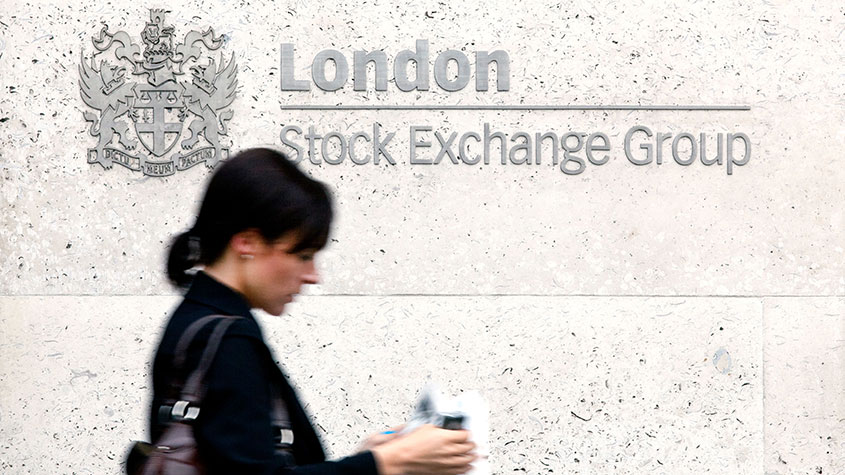 3 UK shares to buy yielding up to 17%
3 UK shares to buy yielding up to 17%Tips 3 UK shares top stocks to buy now, according to Alex Harvey of Momentum Global Investment Management.
